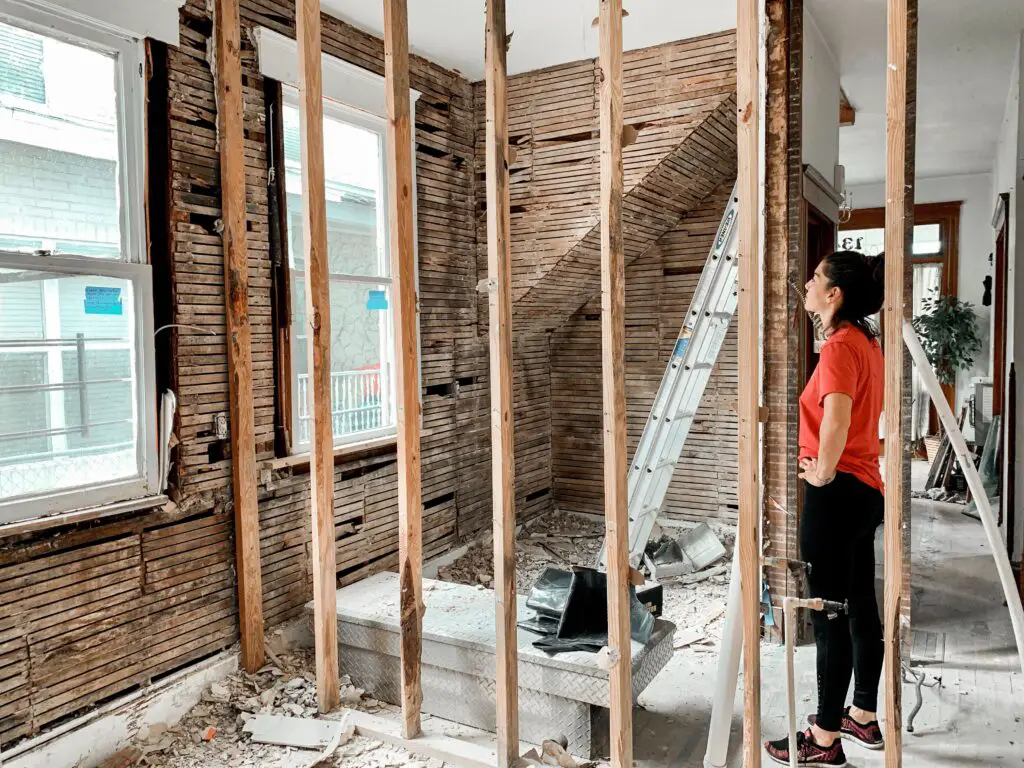Construction costs are a fundamental aspect of any building project, whether it’s a modest residential home or a massive infrastructure development. Understanding the intricacies of construction costs is crucial for project owners, developers, architects, and contractors alike.
This comprehensive article delves into the multifaceted world of construction costs, exploring the factors influencing them, current trends, and the challenges faced by the construction industry.
Factors Affecting Construction Costs
- Location and Geography:
- The geographical location of a construction project has a significant impact on costs. Different regions have varying labor costs, availability of materials, and environmental regulations.
- Project Scope and Size:
- The scale and complexity of a project directly influence costs. Larger and more intricate structures typically require more resources and labor.
- Labor Costs:
- Skilled labor is one of the most significant cost factors in construction. Wage rates, labor availability, and unionization can all affect labor costs.
- Materials and Suppliers:
- The cost of construction materials fluctuates due to market demand, availability, and transportation costs. Sourcing materials locally can help reduce expenses.
- Design and Engineering:
- The efficiency and complexity of the project’s design can affect costs. Sustainable or innovative designs may have higher upfront costs but lead to long-term savings.
- Regulations and Permits:
- Compliance with building codes, permits, and environmental regulations adds costs to a project. Delays due to regulatory issues can also increase expenses.
- Market Conditions:
- Economic conditions and market trends can influence construction costs. During periods of high demand, prices for labor and materials may rise.
- Technology and Equipment:
- The use of advanced construction technologies and equipment can increase efficiency and reduce labor costs.
- Site Conditions:
- Site-specific factors such as soil quality, topography, and accessibility can impact construction costs. Extra work may be needed to address challenging site conditions.
- Inflation:
- General economic inflation affects the prices of labor, materials, and equipment over time, potentially leading to cost escalation.
Trends in Construction Costs
- Sustainable Construction:
- There is a growing trend towards sustainable building practices. While initial costs may be higher, long-term savings through energy efficiency and environmental benefits are driving this trend.
- Modular Construction:
- Prefabricated and modular construction methods are gaining popularity due to faster construction timelines and potential cost savings.
- Technological Advancements:
- BIM (Building Information Modeling), drones, and project management software are improving project efficiency and reducing costs.
- Labor Shortages:
- Many regions are facing shortages of skilled labor, leading to increased wage rates and project delays, which can inflate costs.
- Supply Chain Disruptions:
- Events like the COVID-19 pandemic highlighted the vulnerability of the construction supply chain. Delays and increased costs due to supply chain disruptions remain a concern.
- Material Costs:
- Fluctuations in material prices, influenced by trade disputes, tariffs, and global events, continue to impact construction costs.
Challenges in Managing Construction Costs
- Cost Estimation Accuracy:
- Accurately estimating construction costs at the project outset can be challenging, leading to budget overruns.
- Scope Creep:
- Changes in project scope can result in increased costs if not managed properly.
- Regulatory Hurdles:
- Navigating complex regulations and permitting processes can lead to delays and additional expenses.
- Risk Management:
- Identifying and mitigating risks, such as unforeseen site conditions or market fluctuations, is crucial to controlling costs.
- Project Management:
- Effective project management is essential for cost control, as poor coordination can lead to delays and increased expenses.
- Contractual Issues:
- Ambiguities in contracts or disputes with contractors can lead to unexpected costs and legal battles.
Conclusion
Construction costs are a dynamic and multifaceted aspect of the building industry. They are influenced by a myriad of factors, including geography, project scope, labor, materials, and market conditions.
Staying informed about current trends and challenges in the construction industry is essential for successful cost management.
As technology, sustainability, and market dynamics continue to evolve, construction professionals must adapt and employ innovative strategies to control costs effectively and deliver successful projects on time and within budget.
To see other material construction prices, please see here.
To know other construction guides, tips, and methodology for beginners, veterans, and contractors, please see here.

